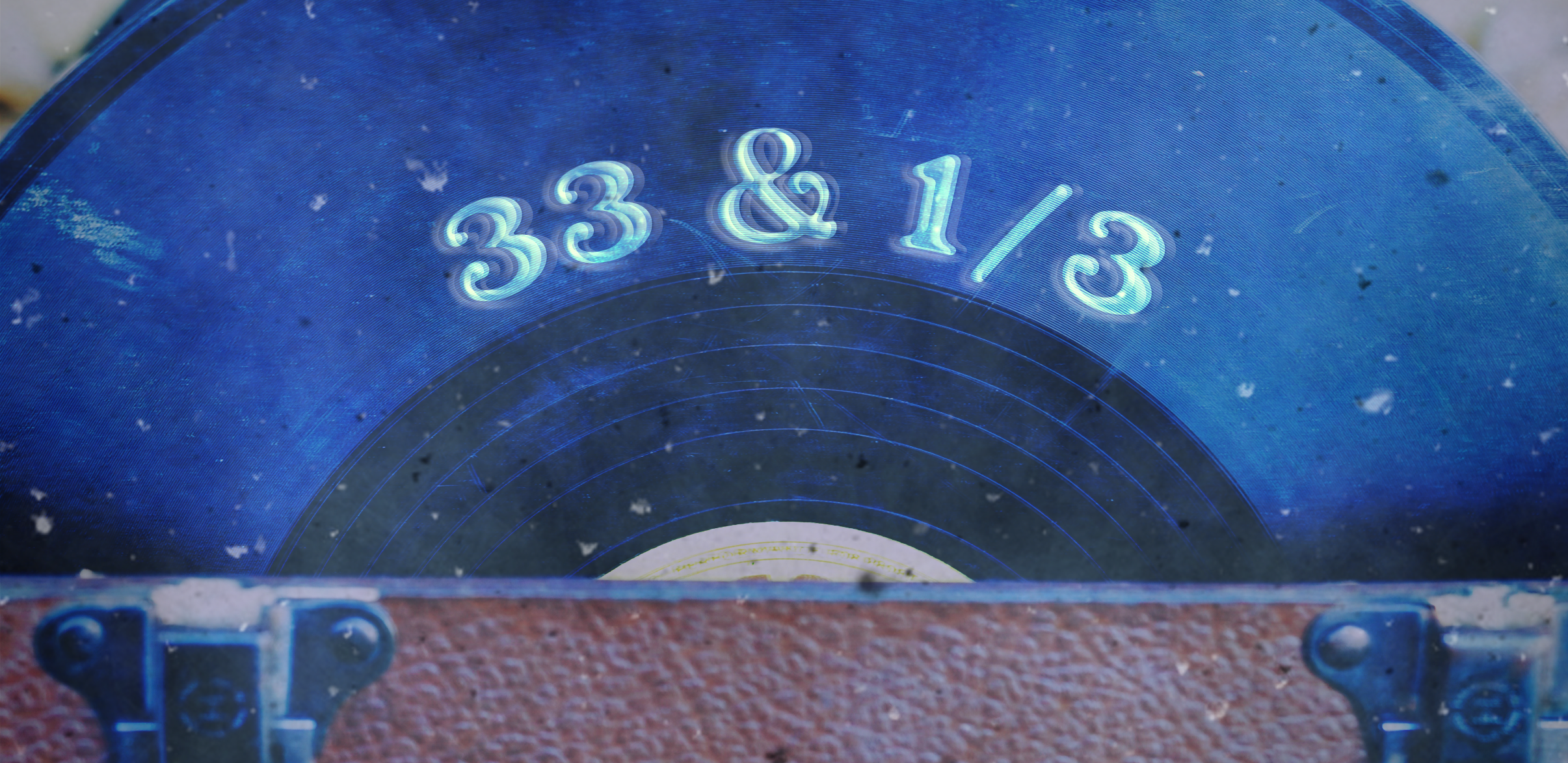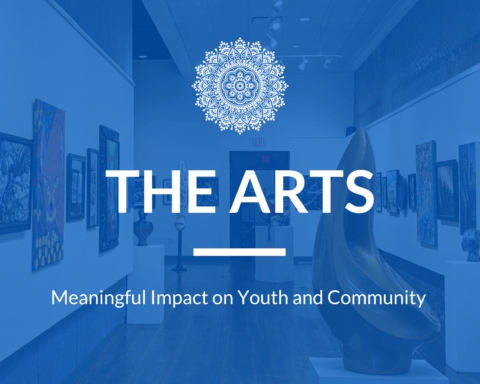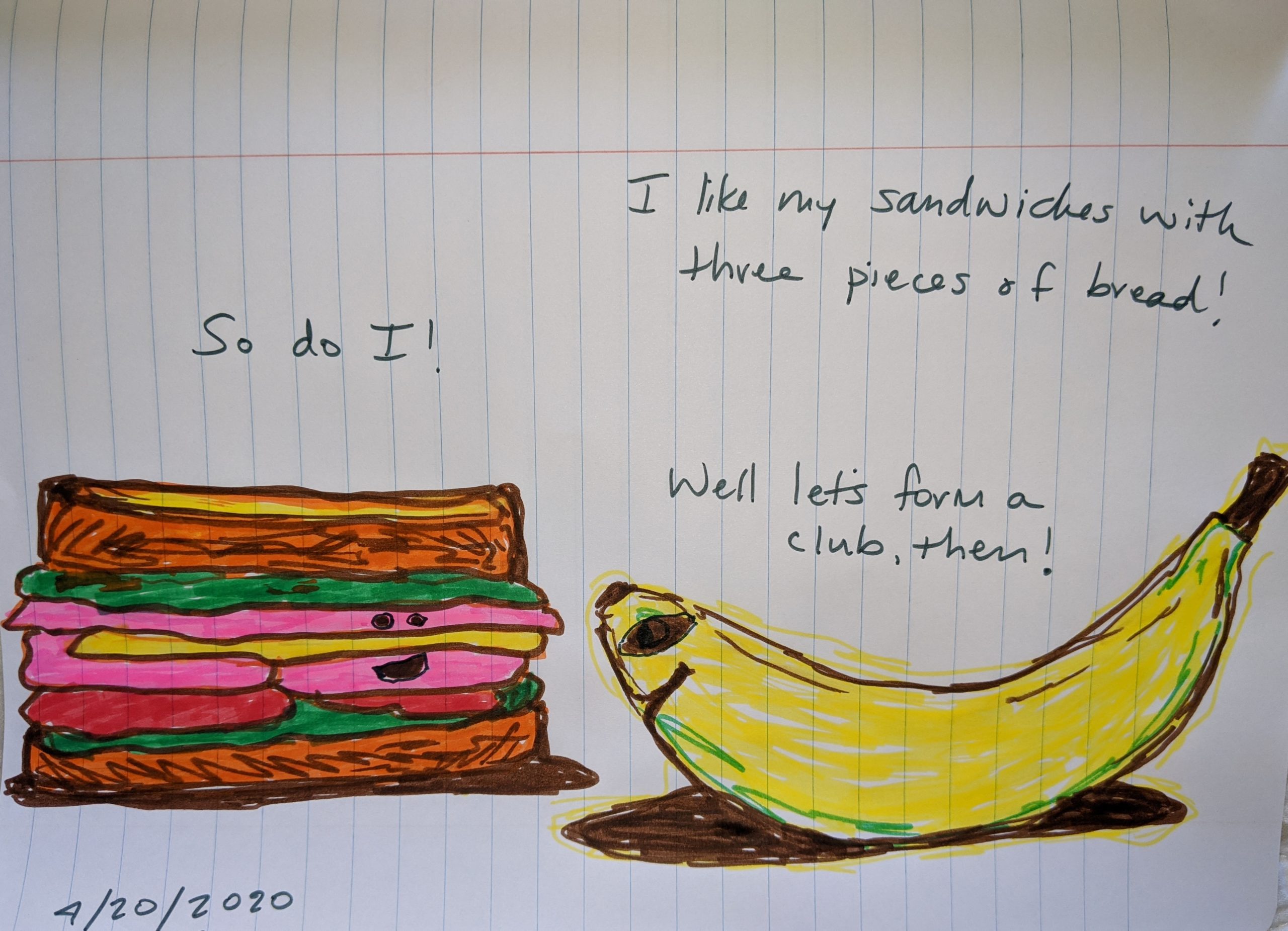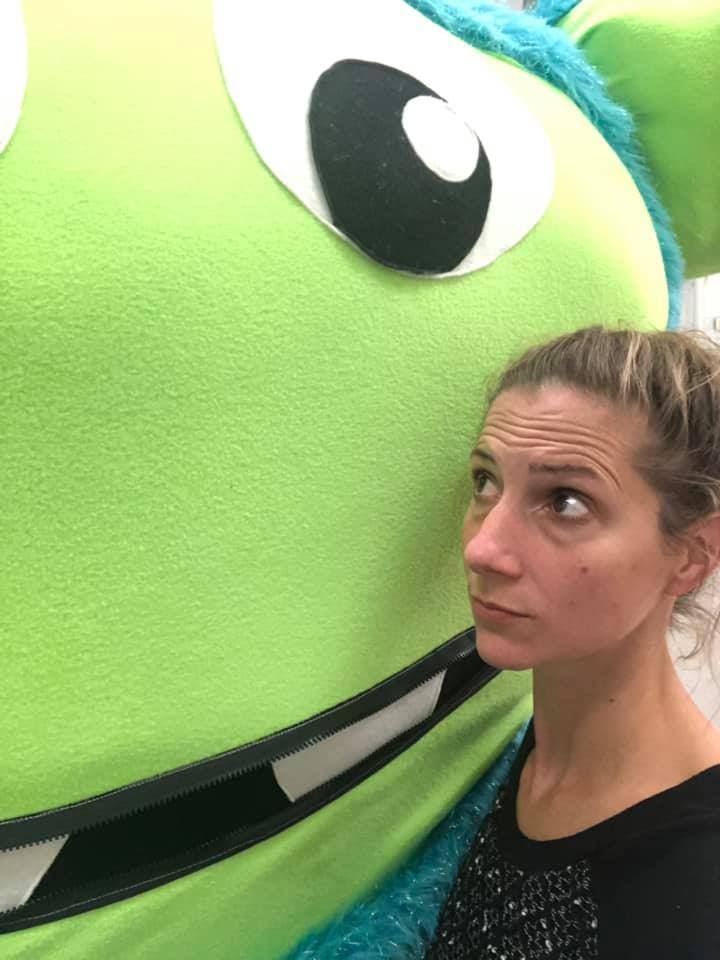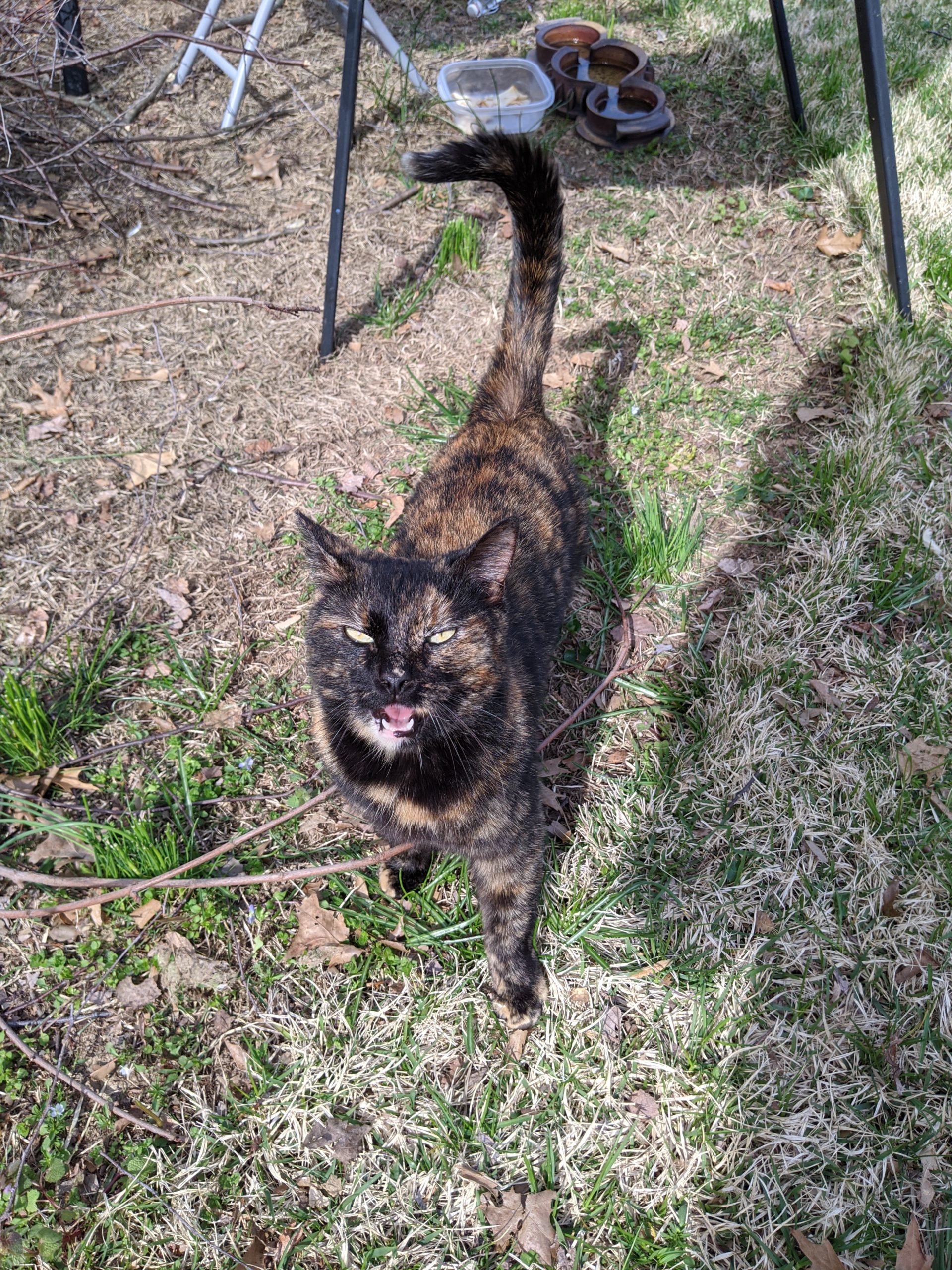
33 & 1/3 is a weekly column looking back at the albums and songs of 1970 to coincide with the Arts Council’s 50th anniversary. Community Director Zach Evans will write about one album (33) and one song (1/3) from 50 years ago.
The artist world lost a prolific creator and storyteller this week. John Prine’s legacy remains in his brilliant, irreverent songs, but also in the songwriters he helped and those he inspired through his career.
It seemed fitting this week to choose an album with a close connection to Prine — Kris Kristofferson’s 1970 debut album, “Kristofferson.”
Kristofferson is credited with discovering Prine. Billboard has a great Q&A with Prine in which he talks about how Kristofferson got his guitar in the door and got him a record deal. Of course, helping a fellow songwriter land a gig wasn’t unfamiliar to Kristofferson, who was discovered by June Carter and Johnny Cash when he was a janitor at Columbia Recording Studios.
Kristofferson is one of my favorite songwriters. Plus, I’m probably five years from looking like him when he played Whistler in “Blade.”

Just the year before Kristofferson set up Prine for a record contract, Kristofferson released his first album.
“If it sounds country, man, that’s what it is — a country song”

Kris Kristofferson
Released April 1970
Stand-out tracks: Me and Bobby McGee, Sunday Mornin’ Comin’ Down, Blame it on the Stones
“Kristofferson” is full of the wit, honesty, gruff and counter radio country style that made Kristofferson synonymous with outlaw country through the rest of his career — songs about being stoned and drunk, songs with contempt for the police, songs empathizing with long-haired hippy folk and songs of despair.
The album begins with “Blame it on the Stones,” which is rolling with irony and pointing out society’s constant ability to find a music scapegoat for the moral degradation of society, like Judas Priest in the 80s, gangsta rap and Marilyn Manson in the 90s, Eminem in the early 2000s, and Corduroy Orbison in the late 2010s and early 2020s. “Mister Marvin Middle Class is really in a stew / Wond’rin’ what the younger generation’s coming to / And the taste of his martini doesn’t please his bitter tongue / Blame it on the Rolling Stones,” Kristofferson sings on the first verse.
The everlasting standout, of course, is “Me and Bobby McGee,” a song engrained in the American experience that was popularized by the barn burner of version that Janis Joplin recorded. Kristofferson and Joplin were lovers around the time “Kristofferson” was released in the spring of 1970. She finished recording the song three days before she died of a heroin overdose in October 1970. He first heard her version a few days after she died and then he spent the rest of the day walking around Los Angeles crying.
The brilliance of the song is Kristofferson’s complete comfortability with brevity. He could use a nine word line like a novelist uses 50 or a director uses 120 minutes. If John Prine was the Mark Twain of songwriting, then Kris Kristofferson is the Ernest Hemingway — it’s not flowery or verbose writing, it’s direct and spare.
“Freedom’s just another word for nothin’ left to lose.”
I think this line — which, by the way, this line is one of the greatest in popular music — is often taken to only mean the way to be free is to be without material or romantic ties. But really the song sets up the duality of freedom, freedom as a two-sided knife. You’re free, but you’re empty and lonely. You can see that in the lament later in the song (also another brilliant line), “I’d trade all my tomorrows for a single yesterday / Holdin’ Bobby’s body next to mine.” Sometimes that for which we yearn is not as great as what we have, something sometimes not realized until you’re free with nothing.
That shoe leather poetic style shines through on my favorite song on the album, also its closing track, the autobiographical “Sunday Mornin’ Comin’ Down.”
Kristofferson explains the song in an interview: “I was living in a condemned apartment and had lost my family, and Sunday was a day when the bars were closed, and, uh … it was not a day to be alone.”
Descriptive lyrics take us through his divine punishment (you know, when you’re hungover on a Sunday), with a chorus of hopelessness, and then he hits you with this beautiful simile of a church bell: “Then I headed back for home / And somewhere far away / A lonely bell was ringing / And it echoed thru the canyon / Like the disappearing dreams of yesterday.”
I had the pleasure of seeing Kristofferson perform solo on May 11, 2017 at the Warner Theatre in Washington D.C. I was there for a few days ahead of a three-week long journey to Pakistan, and I decided I wanted to see some live music. I was lucky to find a front-row seat ticket on Stubhub for about the same price as face value.
It’s one of my most memorable concert experiences, but not because he was so explosive or magnetic, or that the performances of songs I loved were that outstanding. It was because of the despondency, and damn, sometimes pity, I felt while watching him on stage for those 90 or so minutes.
He was 80 years old at the time and performing solo. The problem with performing solo is, as Johnny Cash said before his Viper Room show ahead of 90s solo revival, “You can’t blame the drummer for screwing up.”
It was rough. He lost his finger-picking dexterity with his age, which meant his timing and accuracy was off, and his voice was knotted and showing his eight decades of living. He seemed weak and feeble at times.
I felt sorrow watching it, as if I was watching my grandfather on his death bed. But reflecting on the moment three years later while writing this, I realize Kristofferson did as he has done his entire life and musical career. He put himself out there, vulnerable and exposed, with the scars of time and the broke down body of man who’d been through some shit. From his poetic contempt on his debut 1970 album to the stage of the Warner Theatre in Washington D.C. It was the unapologetic truth, and that’s what Kris Kristofferson embodies.
“My guitar wants to kill your mama / My guitar wants to burn your dad”

Off of “Weasels Ripped My Flesh”
By The Mothers of Invention
Released Aug. 10, 1970
And now for something completely different.
As a guitarist/artist /absurdist myself, I’m a big Zappa fan. The song “My Guitar Wants to Kill Your Mama” is my favorite tune off “Weasels Ripped My Flesh,” again, probably because every guitar player who’s heard that song title loves it automatically. “Weasels” is a basically a collection of leftover songs from The Mothers of Invention, Zappa’s breakout band, so there’s not a lot of great tunes on it, but what a fantastic album cover, right?
The Mothers were especially an avant-garde band, especially live with a lot of free from jazz movement, which is not for everyone, I know, but “My Guitar Wants to Kill Your Mama” is more grounded. Naturally the song features some great guitar solos that are worth hearing, including a buttery-smooth acoustic guitar solo and a closing fuzz guitar solo that really sounds like a parricidal guitar is on the loose.
Zach Evans is the Arts Council of Southwestern Indiana’s Community Director. When life returns to normal, you can find him performing around town with his band Corduroy Orbison. You can reach him at [email protected].
Published April 10, 2020.
